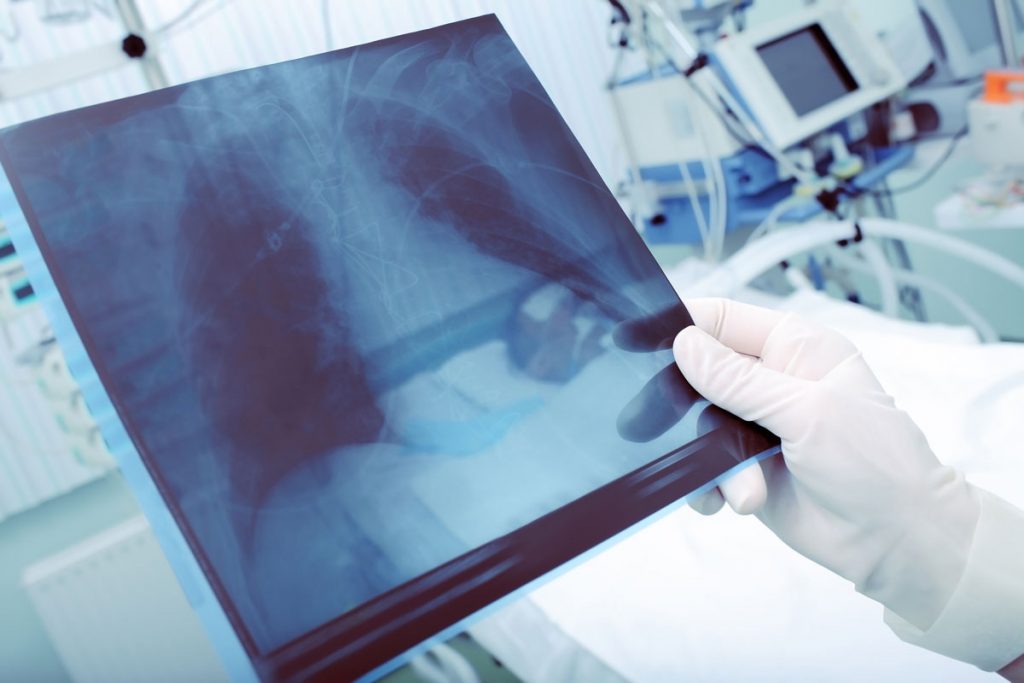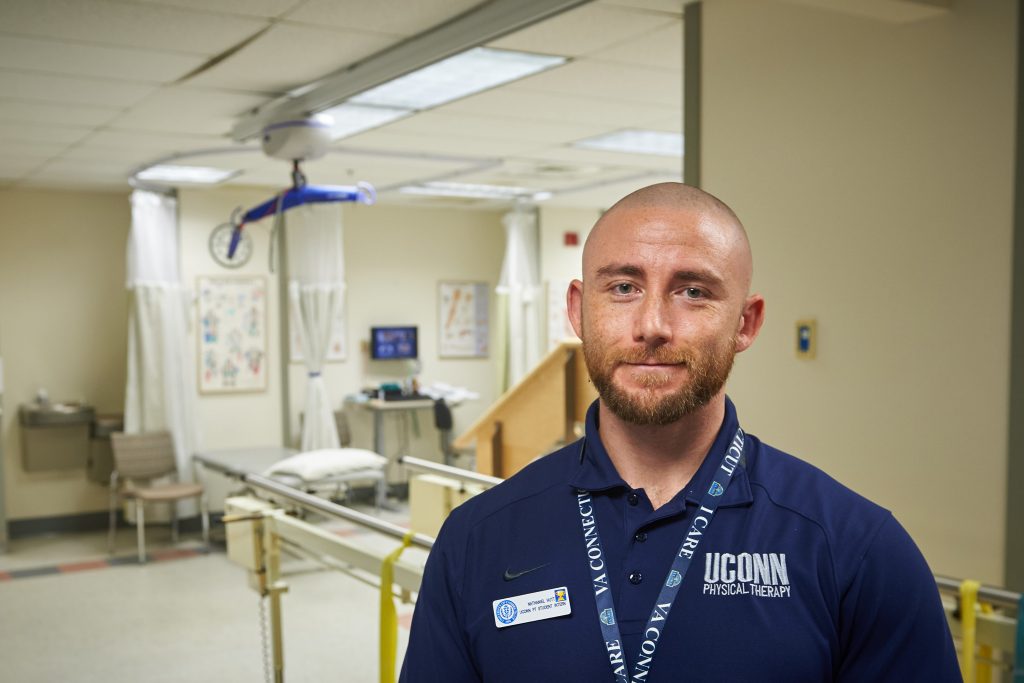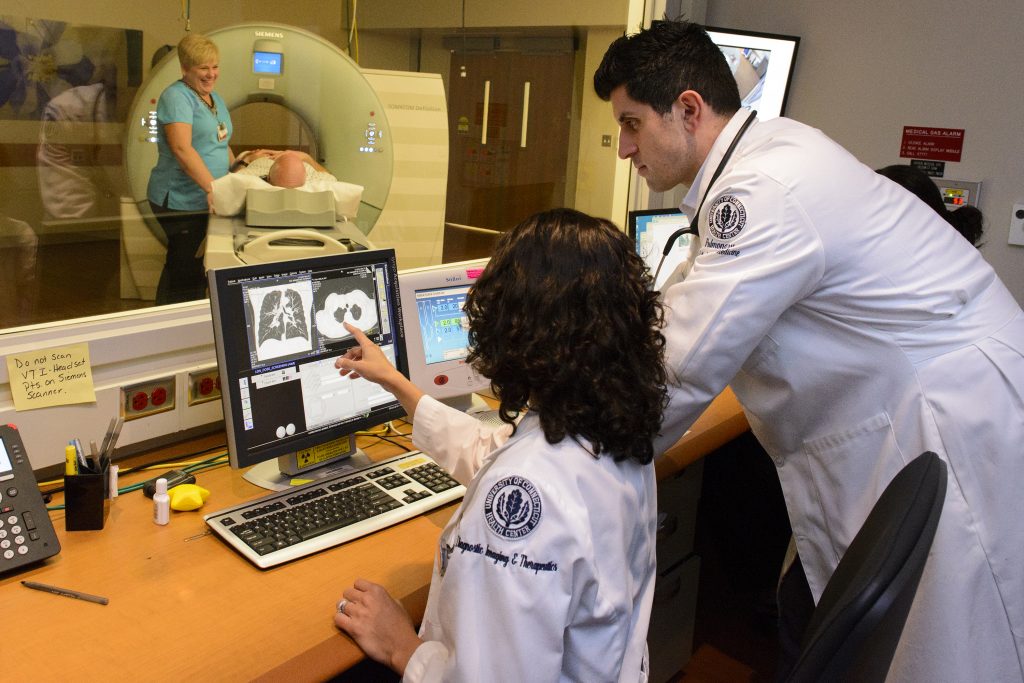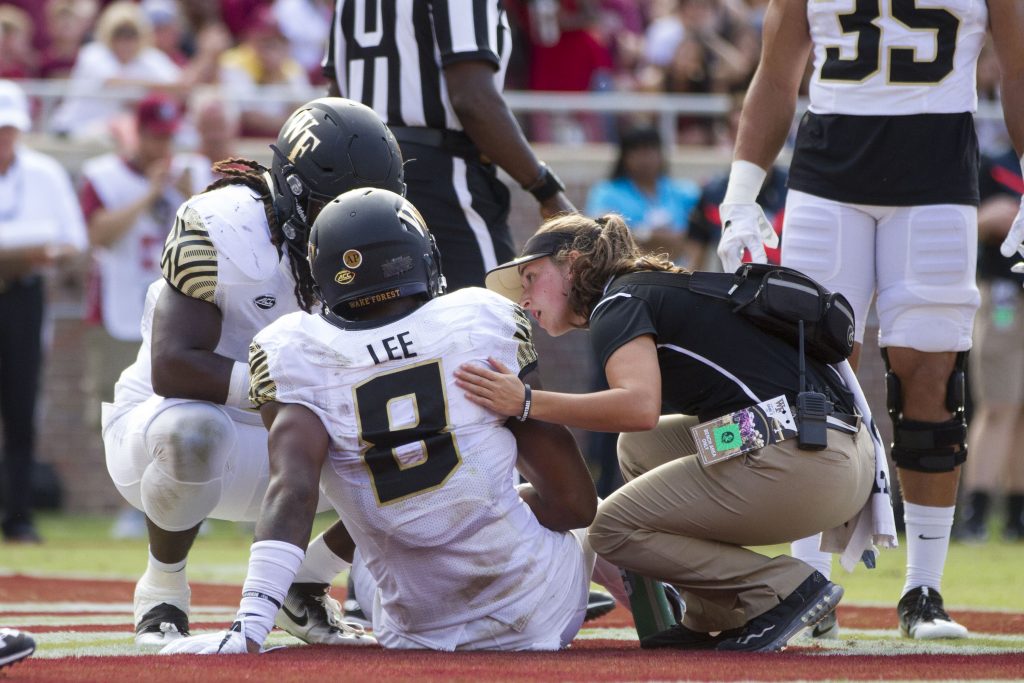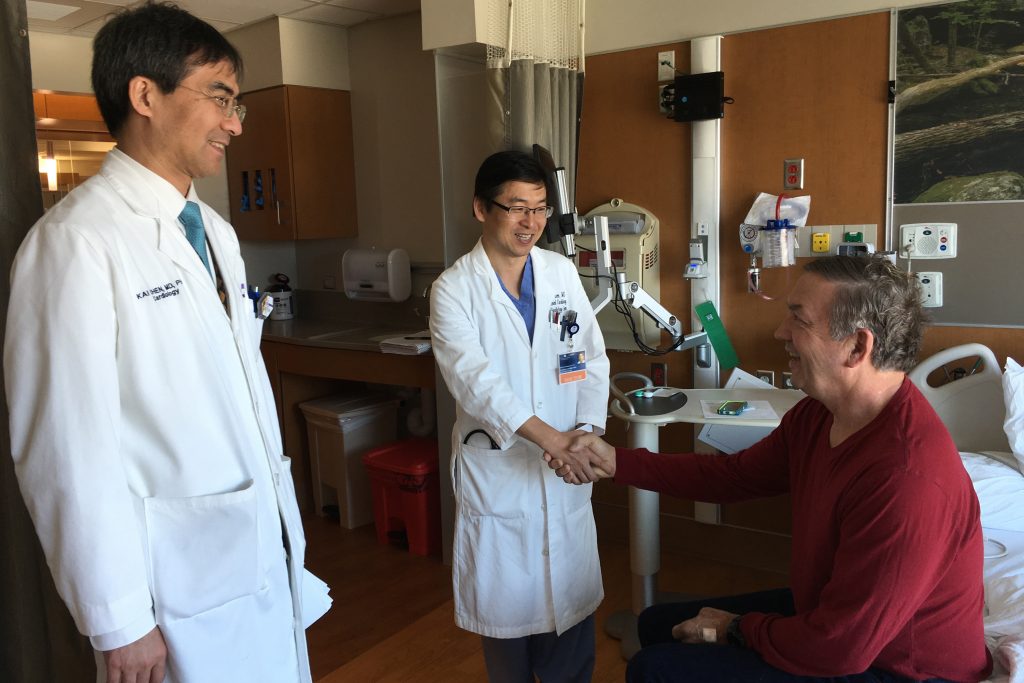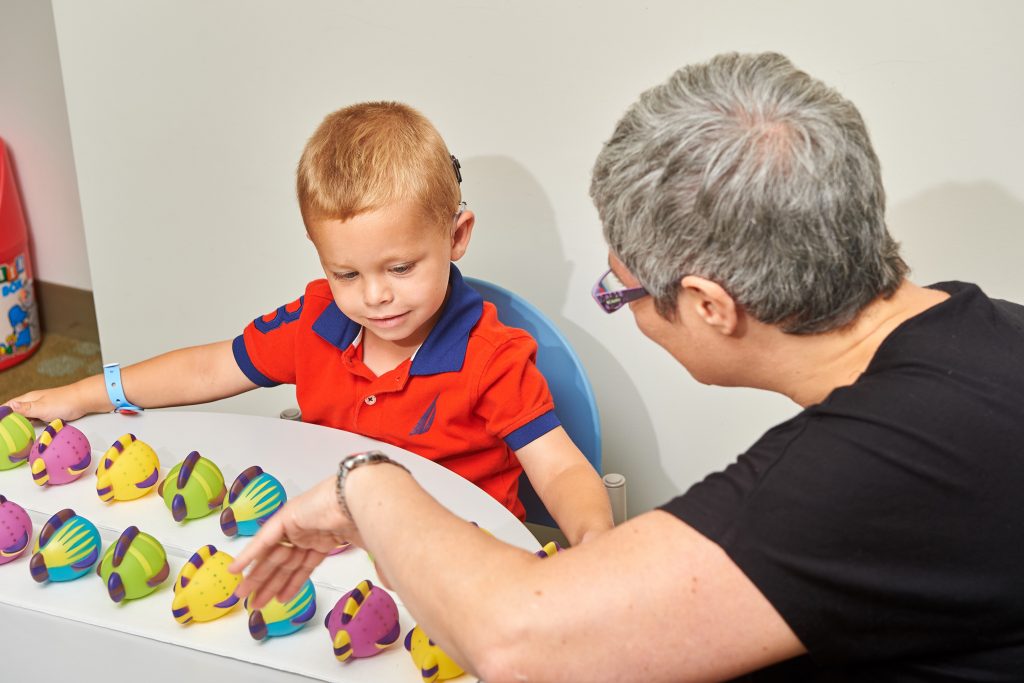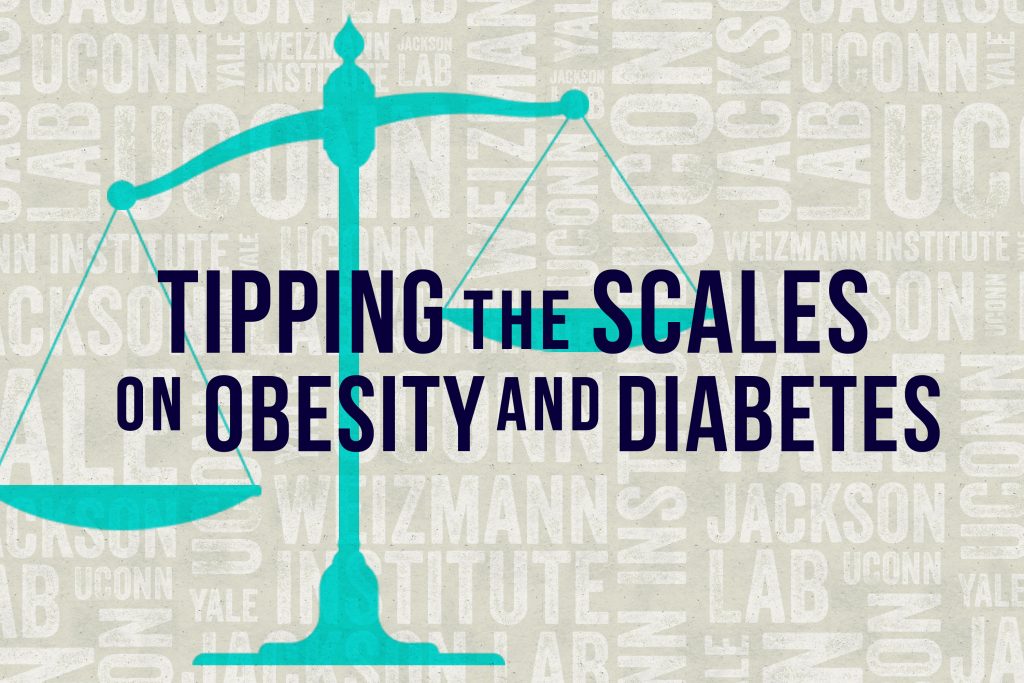Health & Well-Being
At 40, It May Be Time For a Cholesterol-Lowering Drug
A UConn Health cardiologist discusses new prevention guidelines that could dislodge heart disease as the #1 killer of Americans.
November 16, 2016 | Lauren Woods
Pneumonia Rates Linked to Hospital Ventilators Have Not Dropped, Says Study
Contrary to data published by the CDC, a study led by a UConn Health researcher concluded that ventilator-associated pneumonia is still a significant risk to patients.
November 11, 2016 | Lauren Woods
Physical Therapy Student Veteran Will Serve Veterans
Graduate student and former Marine Nate Hutt is conducting research to identify a new subtype of Parkinson’s disease in veterans exposed to Agent Orange.
November 11, 2016 | Jason M. Sheldon
Early Detection of Lung Cancer Saves Lives
'Early detection is a patient’s best chance for a lung cancer cure,' says UConn Health's Dr. Omar Ibrahim.
November 9, 2016 | Lauren Woods
Korey Stringer Institute to Lead National Grant Program for High School Athletic Trainers
UConn’s Korey Stringer Institute is overseeing a national pilot program intended to encourage the use of athletic trainers in public high school football programs across the country.
November 4, 2016 | Colin Poitras
A Scary Halloween: High School Custodian Survives Cardiac Arrest
Thanks to prompt treatment by a UConn Health team, patient Clyde Livingston gets 'a second chance at life.'
November 2, 2016 | Lauren Woods
The Case for Bilingual Deaf Children
Marie Coppola and other UConn researchers want to understand the science behind how early access to language affects learning in deaf and hearing children.
November 2, 2016 | Christine Buckley
Update on Health Exchange Open Enrollment
Some of the latest information on Connecticut’s health insurance exchange marketplace from UConn Health.
November 2, 2016 | Lauren Woods
Baby Food Ads Often Contradict Health Experts
Marketing messages may lead parents to think food and drink for very young children is healthier than it really is, says a new study from the UConn Rudd Center.
November 1, 2016 | Daniel P. Jones, UConn Rudd Center
State’s Leading Institutions Launch International Effort to Advance Metabolic Research
UConn, Yale University, and the Jackson Laboratory linked with Weizmann Institute of Science in Israel to collaborate on projects that swiftly move investigations into clinical application and commercialization.
October 27, 2016 | Kristen Cole

